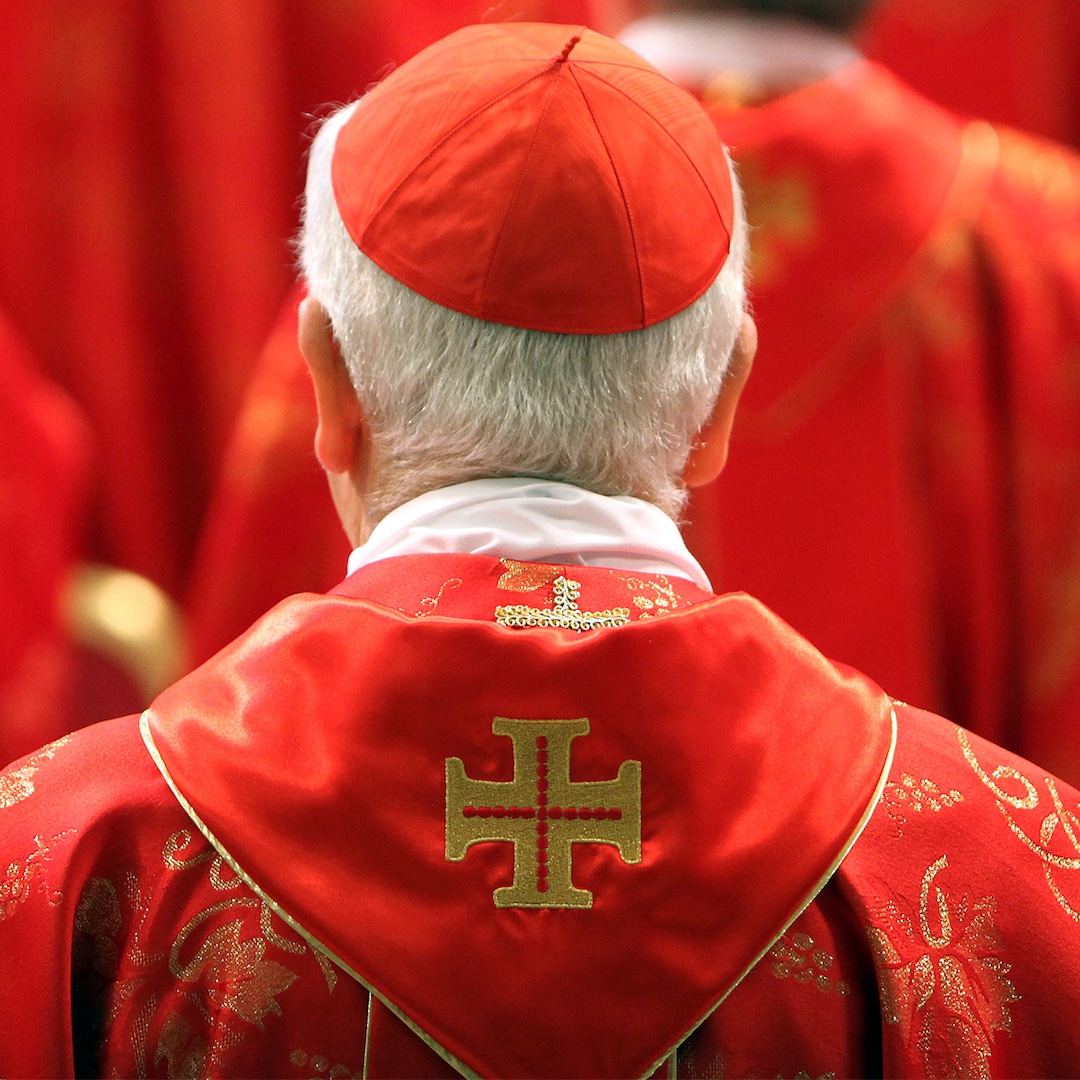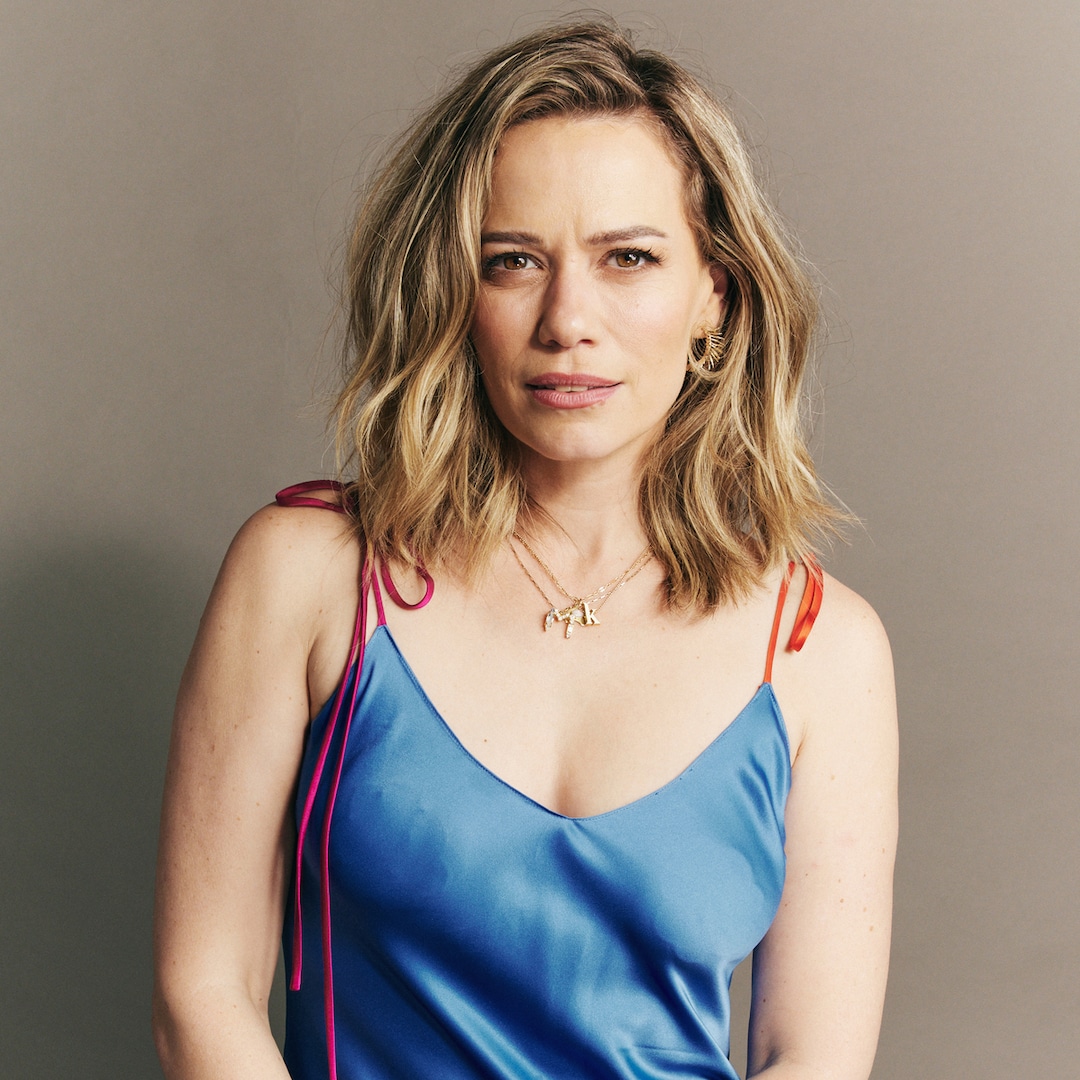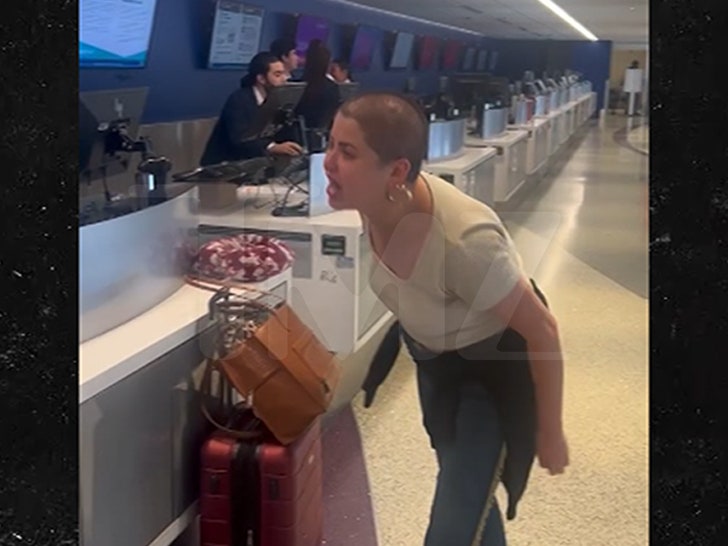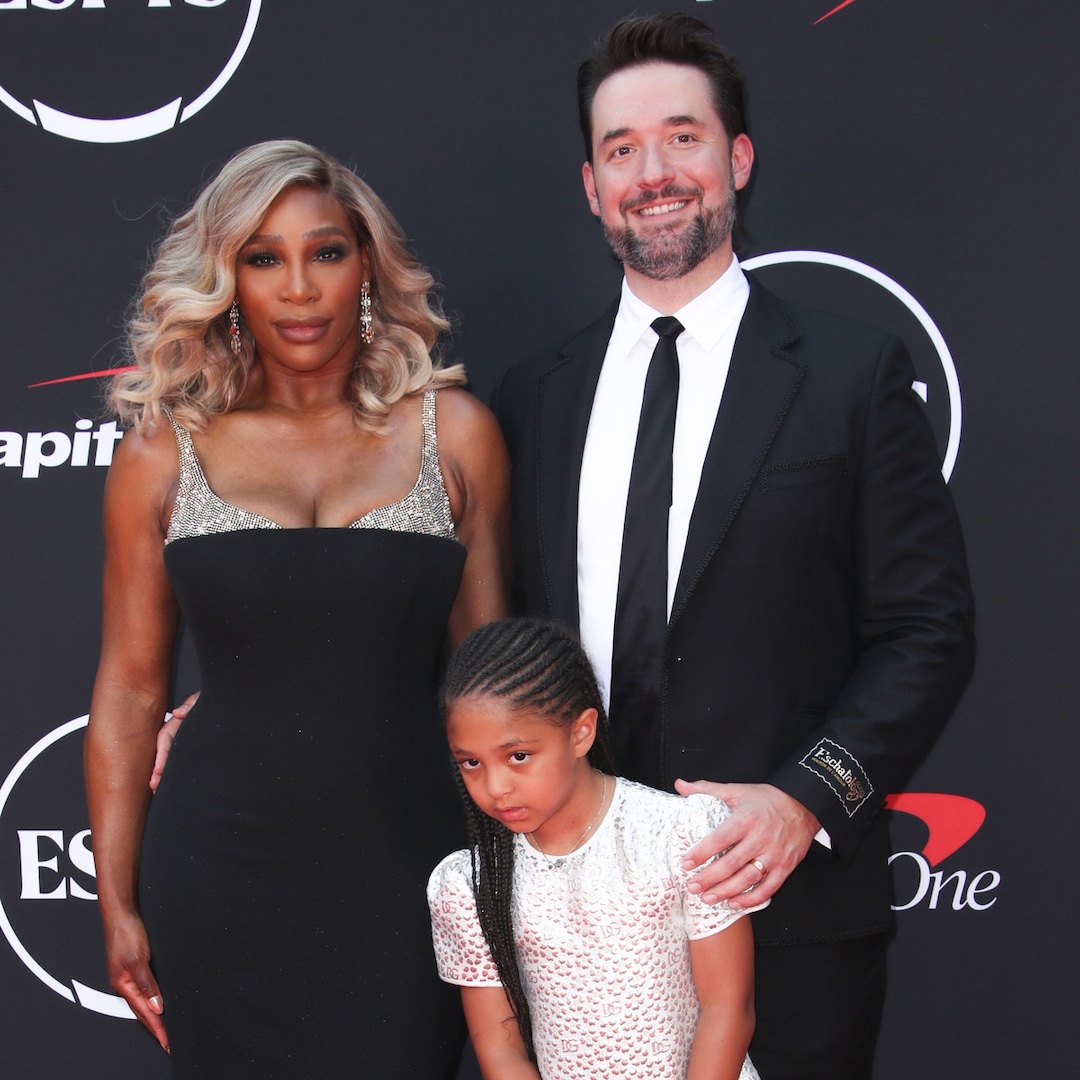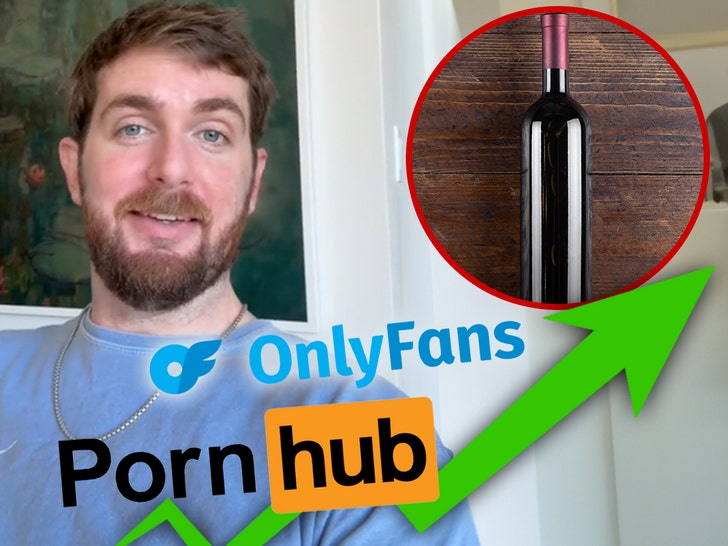Voting for a new pope is no joke.
Before Pope Leo XIV (formerly Robert Francis Prevost) was named the successor of the late Pope Francis at the latest conclave, he—along with more than one hundred other Catholic cardinals—had to adhere to strict rules during the super secretive affair.
In fact, all cardinals have to take a solemn oath to protect the secrecy of the conclave under the penalty of “automatic” excommunication ahead of sequestering for the election, according to the Universi Dominici Gregis, one of the documents used to regulate the papal election.
And once the doors of the Vatican’s Sistine Chapel are sealed, with the master of ceremonies declaring “extra omnes” (“everybody out”) to usher those not taking part in the vote off the premise, all forms of communication with the outside world are forbidden.
That means cardinals are “specifically prohibited” access to internet, social media, TV, telephones, radios, newspapers and faxes, per the U.D.G.
To really make sure there are no leaks, the Vatican kitchen avoids serving food such as ravioli, whole chickens and pies that could easily be used to conceal messages.
As for communication between cardinals? They can speak to each other and exchange views concerning the election, though they must “abstain from any form of pact, agreement, promise or other commitment of any kind which could oblige them to give or deny their vote to a person,” the U.D.G. notes.
While Ralph Fiennes and Stanley Tucci‘s cardinal characters in Conclave—the 2024 movie centered around a fictional papal election—are close friends, real-life electors are discouraged by the U.D.G. to be guided “by friendship or aversion, or to be influenced by favor or personal relationships towards anyone” in their voting.
Instead, cardinals are instructed in the U.D.G. to pray for “divine assistance” and vote for the person “who in their judgment is most suited to govern the universal Church in a fruitful and beneficial way.”
Per tradition, a majority vote of at least two-thirds-plus-one is needed for a candidate to be selected as the new pontiff. The Vatican announces the conclave’s decision by burning paper ballots to make white smoke rise from a chimney on the roof of the Sistine Chapel, as opposed to black smoke to signify that the cardinals have yet to reach a resolution.
To see all the cardinals who were in the running for pope in the latest conclave, keep reading.
Pietro Parolin
Cardinal Pietro Parolin had served as Pope Francis’ secretary of state—a.k.a. his second in command—since 2014.
In his role, the 70-year-old Italian, a former ambassador to Venezuela, oversaw internal church affairs and guided official foreign policy, making him exceptionally familiar with the politics of the Roman Catholic Church, at the Vatican and on the world stage.
But the pick would not be without the tinge of scandal: Parolin was linked to, but not charged in connection with, an investment in a London real estate venture that went wrong and led to another cardinal, Angelo Becciu, and nine others going on trial for financial crimes at the Vatican in 2021. (Becciu, who pleaded not guilty, was convicted of fraud and embezzlement.)
Fridolin Ambongo
As archbishop of Kinshasa, the capital of the Democratic Republic of Congo, Cardinal Fridolin Ambongo, 65, grew close to Francis as a member of the pope’s nine-person advisory board, the Council of Cardinals.
If elected, he would be the first pope from sub-Saharan Africa, but he’d come from the more conservative side of the church, having opposed Francis’ 2023 ruling that allowed blessings of same-sex couples.
Luis Antonio Tagle
Cardinal Luis Antonio Tagle of the Philippines accompanied Francis on multiple trips through Asia—and he would be the first Asian pope. (For the record, Francis was the first non-European pope since 741 A.D., so a variety of firsts are possible for this conclave.)
Known familiarly as “Chito” among his faithful, the congenial 67-year-old is an advocate for the poor, which would be in keeping with Francis’ priorities. Formerly archbishop of Manila, Tagle was brought to Rome by France to head the Vatican’s missionary evangelization office.
Tagle was previously considered for the papacy during the 2013 conclave but, at 55, was considered way too young.
Matteo Zuppi
Also a proponent of the belief that the church should first and foremost serve the poor, Matteo Zuppi of Bologna, Italy, was made a cardinal in 2019—and there’s speculation that Francis would have handpicked him to be his successor if such things were done.
As archbishop of Bologna since 2015, he’s been known as “Don Matteo,” a defender of immigrants and the migrant plight. Zuppi wrote the preface to the Italian edition of Rev. James Martin’s 2017 book Building a Bridge, about how the church can better minister to members of the gay community.
He was also a member of a team from the Sant’Egidio Community charity that helped negotiate the end of Mozambique’s civil war in the 1990s and Francis named Zuppi his peace envoy amid Russia’s war in Ukraine.
Peter Erdo
In 2003, Pope John Paul II made then-50-year-old Peter Erdo of Hungary the youngest cardinal at the time. While the current archbishop of Budapest is known for his support of his country’s Jewish community and for reaching out to Catholics in Latin America and Africa, Erdo has some more entrenched conservative beliefs than Francis.
Now 72, he has spoken out against the church taking in migrants and against divorced Catholics receiving communion (which Francis didn’t allow, per se, but was open to considering it case by case).
Reinhard Marx
Archbishop of Munich and Freising Reinhard Marx, 71,was a key advisor to Francis and headed the Council for the Economy, which was created in 2014 to oversee Vatican finances when the church needed to take a closer look at its spending habits. Marx was only one of two original members to continue on the council once Francis appointed six women to join in 2020.
In 2021, Marx offered to resign as archbishop to atone for the German church’s failings when it came to properly dealing with reports of sexual abuse—a scandal that has roiled Catholicism worldwide. Francis refused to accept and encouraged him to stay put.
Marc Ouellet
Appointed by Pope Benedict XVI, Cardinal Marc Ouellet of Canada oversaw the bishops office that helps select diocese leaders the world over until 2023. Since 2019, the office has been leading investigations into bishops accused of covering up for predatory priests all over the world, meaning Ouellet has seen a lot of files on a lot of church leaders.
Like Francis, Ouellet has supported women having a greater role in the church—while still, also like Francis, being against their ordination as priests.
Robert Prevost
Chicago-born Cardinal Robert Prevost would make history as the first pope from the United States. He spent nine years running the diocese of Chiclayo, Peru, before Francis brought him to Rome in 2023 to head up the office that vets bishop nominations all over the world. The 69-year-old is also president of the Pontifical Commission for Latin America, which would extend the church’s close relationship with the region of the planet where almost 40 percent of the world’s Catholics reside.
Christoph Schöenborn
Christoph Schöenborn, who served as archbishop of Vienna from September 1995 until Jan. 22, 2025, has voiced support of civil unions and women serving as deacons, and—as someone whose parents divorced when he was a teenager—he defended Francis’ outreach to divorced and civilly remarried Catholics.
The 80-year-old criticized the Vatican in 2010 for its past refusal to sanction high-ranking officials who were credibly accused of sexual abuse, including his own predecessor in Vienna, Hans Hermann Groër, who died in 2003 and never faced charges. Schöenborn accused then-Secretary of State Cardinal Angelo Sodano (who died in 2022) of orchestrating a cover-up to protect Groër and making light of the entire issue by dismissing accusations of clerical abuse as “petty gossip.”
The Vatican, headed up by Benedict XVI at the time, rebuked Schöenborn for speaking out, stating that only a pope can level such an accusation against a cardinal.
Anders Arborelius
Anders Arborelius, 75, converted to Catholicism at 20 and, in 2017, became Sweden’s first Catholic cardinal. (The Scandinavian nation was very Lutheran before becoming more secular.)
The former Carmelite monk has preached unity, saying in a recent interview (per the New York Times), “It can be a danger in some parts of the church that you get divided on various issues. We should not form parties within the Catholic Church.”

